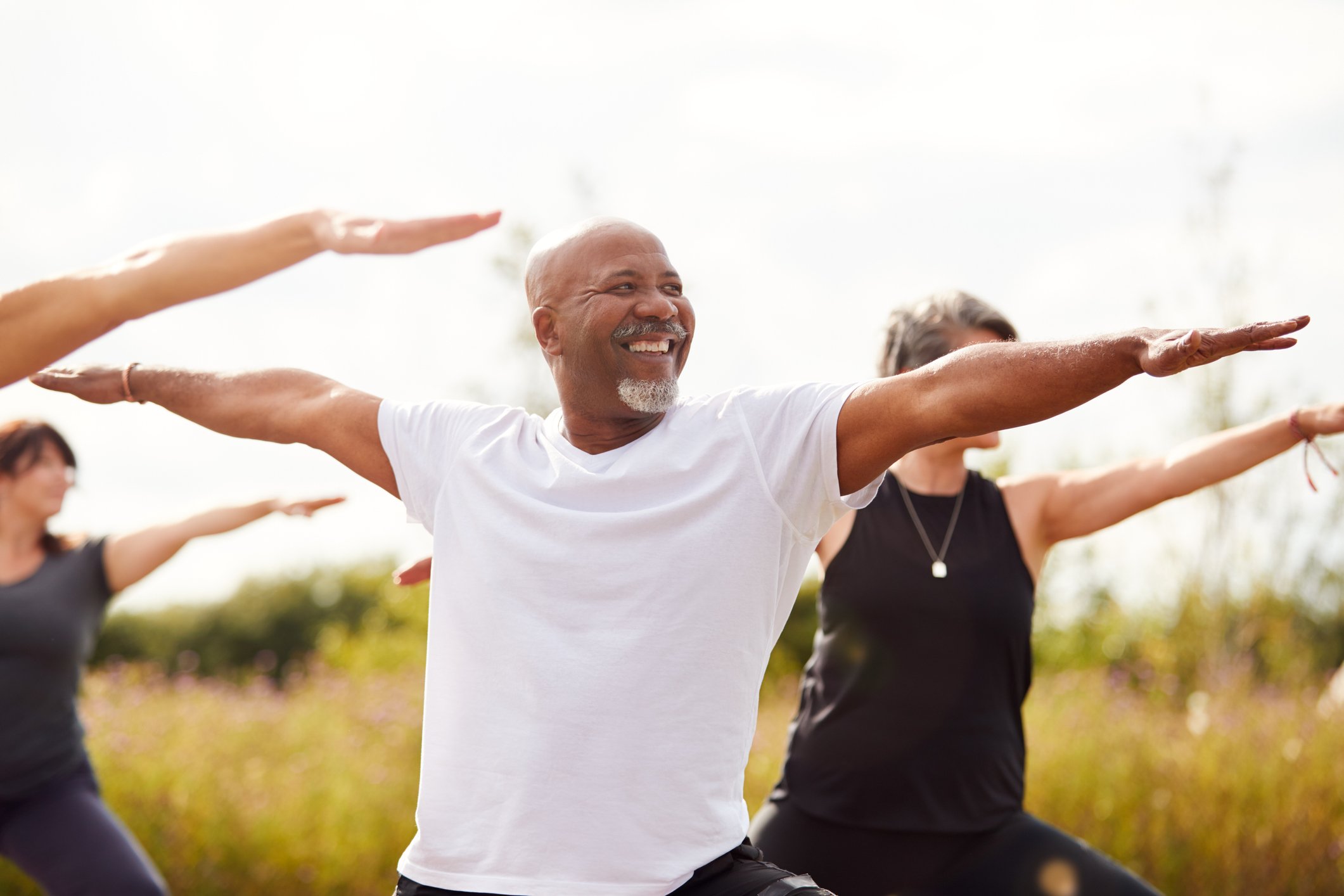
2020 hasn’t exactly lived up to the “Perfect Vision” declaration so many of us claimed over it as the confetti fell on January 1st.
In the midst of a global pandemic, teachers have had to be extremely flexible. Many teachers transformed virtually overnight to become online educators. The presence of COVID-19 has caused a lot of forced changes, and virtual learning has to be near the top of the list of significant changes in many Americans’ ways of living.
Teachers are going back to school this fall, and it looks very different all over the country. Experiencing forced changes, whether big or small, requires all of us to mentally and emotionally adjust. As our nation begins going back to school, whether you’re going back fully in-person, fully online, or in a hybrid model, let me remind you, teachers, that it’s always the right time to take care of your mind and body.
Ali Ross, LLPC, is the Director of Counseling and Psychological Services here at Concordia University in Ann Arbor. I reached out to her in order to get some tips for teachers who might be feeling anxious about back-to-school this year. Ali shared four tips to try out when anxious thoughts arise.
4 Tips for Addressing Back-to-School Anxiety
1. Get Real with Your Feels. When worry hits, dig deep. What is worrying you, and why? Be honest with yourself about your worry and about how you’re scaring yourself. Just like you would nurture a worried student, nurture yourself. Ali suggests taking the effort to actually remind yourself what you will do to protect and care for yourself if something bad were to happen. This exercise can help calm anxious feelings as you try to move forward with your day in the midst of anxiety.

2. Prioritize Self-Care. To say that being a teacher is demanding is like saying the Sun is hot. We all know that teachers have numerous responsibilities during a conventional school year, and now we’re mixing in a global pandemic. While teaching can be a fulfilling vocation, like many jobs, if you don’t set boundaries around your own health and well-being, the job can overtake you before you even realize what’s happening. Self-care can be a sensitive topic for some, because it can so quickly become attached to privilege and wealth.
But, self-care is really simple: it’s care for yourself, and it looks different from person to person. A beach vacation as a form of self-care isn’t realistic for all people. Lifestyle definitely plays into what self-care is and needs to be for you. For example, if you have children and have limited babysitting options, self-care might require more mental energy upfront. Always relying on vacation as your sole form of self-care will leave you depleted and disappointed, especially if you aren’t able to get the vacation you want. Exercising, getting to a nature park, drinking water, going to a social distance girls’ night, or playing Super Smash Bros to unwind are all examples of self-care.
Self-care isn’t always comfortable. Practicing good self-care can mean that you say no to bingeing Netflix in order to take care of your yard or put away laundry. Exercising can be uncomfortable, but it’s necessary to care for your whole self. Fasting from social media is boring, but can pay major dividends to your mental health and well-being.
However you need to take care of yourself, do so in a sustainable, holistic, and routine way. Making self-care a habit allows you live out all of your vocations better, not just the role you serve as “teacher.”
3. Hang Out…With Your Feelings. Sometimes anxiety catches us off-guard. You might be tweaking a lesson plan when your thoughts start racing. Maybe, you’re slinging some oatmeal or perhaps more realistically, a PopTart, for your kids, or straightening your hair when the gut rot starts and you begin to feel tense. Ali’s tip for this moment is to pause and be present with your feelings. Instead of balling them up and shoving into your emotional closet, acknowledge them. “Avoiding uncomfortable feelings prolongs them and increases [their] severity” Ali notes.
Take a moment to recognize what you’re feeling. If you can work through the “why” behind those feelings, you should. If the timing isn’t right and/or you’re not in a safe place, you should still recognize those feelings and intentionally make time to deal with them when you can in an effective way.
As our nation begins going back to school, whether you’re going back fully in-person, fully online, or in a hybrid model, let me remind you, teachers, that it's always the right time to take care of your mind and body.
4. Water, Air, & Sunlight: They’re not just for your [classroom] plants! This might seem like a reiteration of self-care, and that’s because it is. In addition to practicing self-care on a larger scale, such as exercise, healthy eating, getting the proper amount of sleep, seeing a therapist, etc., sometimes it’s the little things that make all the difference. Committing to drinking the appropriate amount of water each day is a small, yet significant step toward better overall health.
When it comes to breathing, though, you probably hear about how great it is to practice focused breathing, but have you tried it? Even just paying attention to your breath will help you notice times when you’re unintentionally holding your breath or when your breathing is shallow. Check out this article from U of M Health for more deep breathing exercises.
These tips won’t eliminate your anxiety completely, but they may help you feel empowered to make healthy decisions. In these unusual circumstances, you need to be able to think on your feet and make decisions more efficiently than ever. Recognizing uneasy feelings, sitting with those feelings, prioritizing self-care, and getting back to some simple, healthy habits will help you have the strength to Zoom your seventh graders or wear a face shield for more than 45 minutes at a time.
…Inhale, exhale…
Teachers, you got this. Let’s go.
— Vanessa Lane is the Content Marketing Lead at Concordia University and can be reached at vanessa.lane@cuaa.edu. When she's not at work, she can be found playing with her kids or watching NBA basketball with her husband.
If this story has inspired you, why not explore how you can help further Concordia's mission through giving.